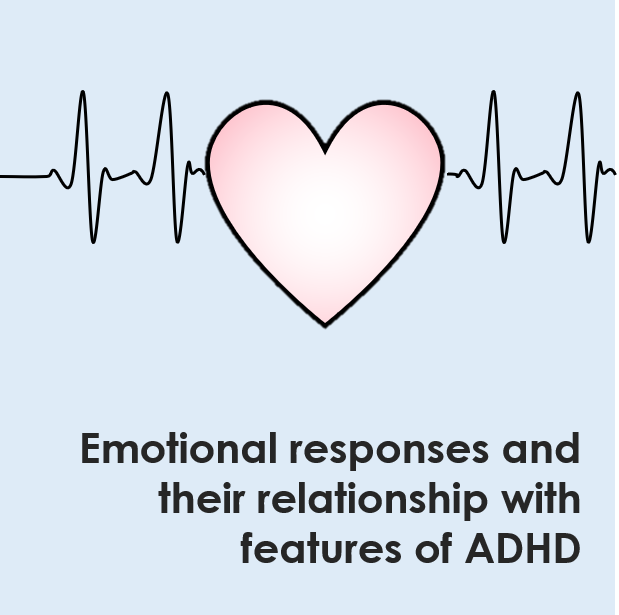Clinical and Affective Neuroscience
Sarah GarfinkelGroup Leader
|  |
Clinical and Affective Neuroscience Research
Our research investigates how emotion is expressed in body and brain, with a particular focus on the heart, heart-brain interactions and interoception. We aim to understand how aberrant physiological mechanisms in brain and body can underlie altered emotion processing in a variety of clinical conditions including anxiety, PTSD, autism and psychosis.
Emotion has an impact on cognition, and we investigate emotion’s influence on memory, attention and decision making, particularly in regard to specific alterations in clinical groups. Interoception, the sensing of internal bodily signals, can change how stimuli are processed and remembered, and our work investigates how bodily signals shape a range of different cognitive processes, such as intuitive decision making and memory.
We use a number of experimental methods including psychophysiology, fMRI and EEG to investigate these questions in both patient groups and in control participants.
Honorary Research Fellow
- Laura Crucianelli

Laura's research focuses on the relationship between somatosensation (in particular touch and temperature), interoception, and multisensory integration in both healthy and clinical populations. Laura recently completed a Marie Curie fellowship at the Department of Neuroscience, Karolinska Institutet, Stockholm. Previously, she was a PhD student at the Department of Psychology, University of Hertfordshire and a research associate at the Department of Clinical, Educational and Health Psychology, University College London.
Post-Doctoral Teaching Fellows
- Hannah Savage

Dr Hannah Savage is a Post-doctoral Research Associate in the Predictive Clinical Neuroscience Lab (PI: Associate Professor Dr. Andre Marquand), at the Donders Institute for Brain, Cognition and Behaviour (Radboud University and Radboudumc). Her PhD investigated how the brain processes changing threat and safety information using functional neuroimaging, psychophysiological recordings and subjective reports, in patients with social anxiety disorder and unaffected controls. In Hannah’s current position she is applying the normative modelling framework, and other machine learning/statistics approaches to functional MRI data to better understand how brain activation varies in across the population and in relation to mental health. In collaboration with the Clinical and Affective Neuroscience Group, Hannah’s future research aims to combine neuroimaging, psychophysiology, interoception assessments and subjective reports to better understand the cause and maintenance of social anxiety disorder.
- Mahinda Yogarajah

Dr Mahinda Yogarajah is an MRC CARP fellow with Prof Sarah Garfinkel. He is a consultant neurologist based at the National Hospital for Neurology and Neurosurgery and Epilepsy Society. HIs research focuses on the affective and clinical neuroscience of functional seizures, and functional neurological disorders.
PhD Students
- Benedict Greenwood

benedict.greenwood.20@ucl.ac.uk
When we face emotional challenges, our autonomic nervous system responds by altering the balance between sympathetic and parasympathetic activity. This in turn shapes our emotional response. My research focusses on characterising these autonomic responses and understanding how they contribute to emotional symptoms, especially emotional features of ADHD. Using behavioural tasks, I am also seeking to determine how different autonomic profiles contribute to other cognitive features of ADHD, including inattention, hyperactivity and impulsivity.
 Close
Close


